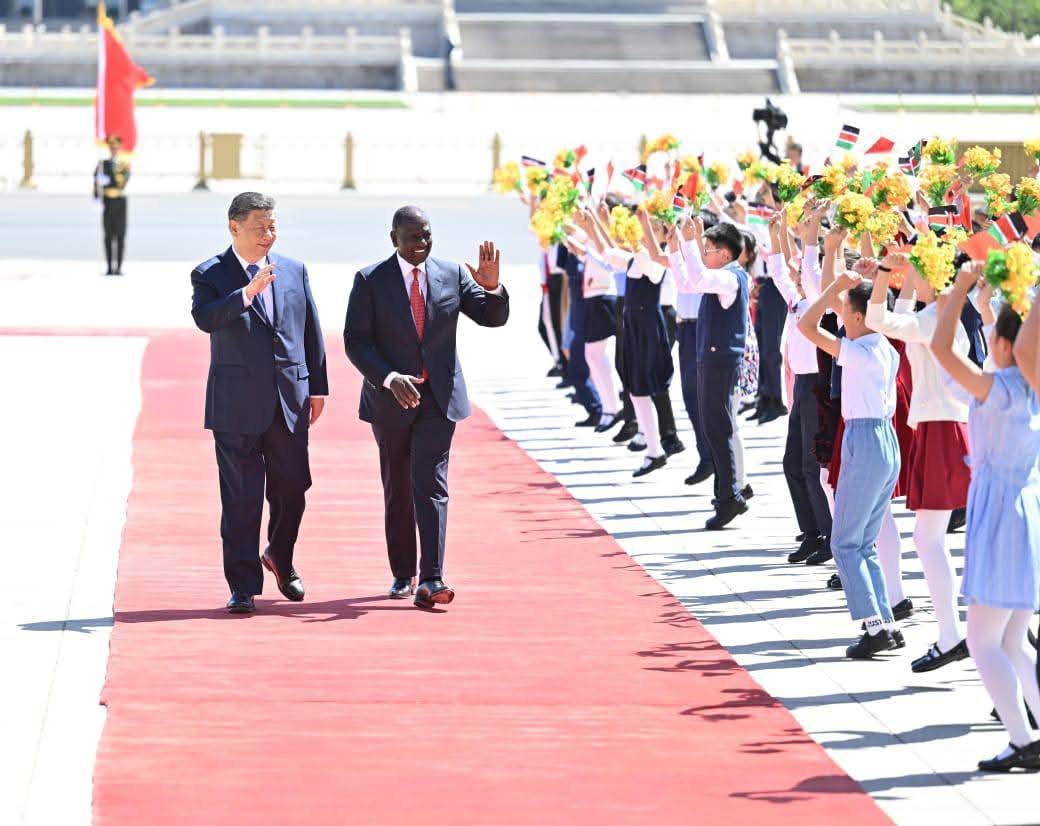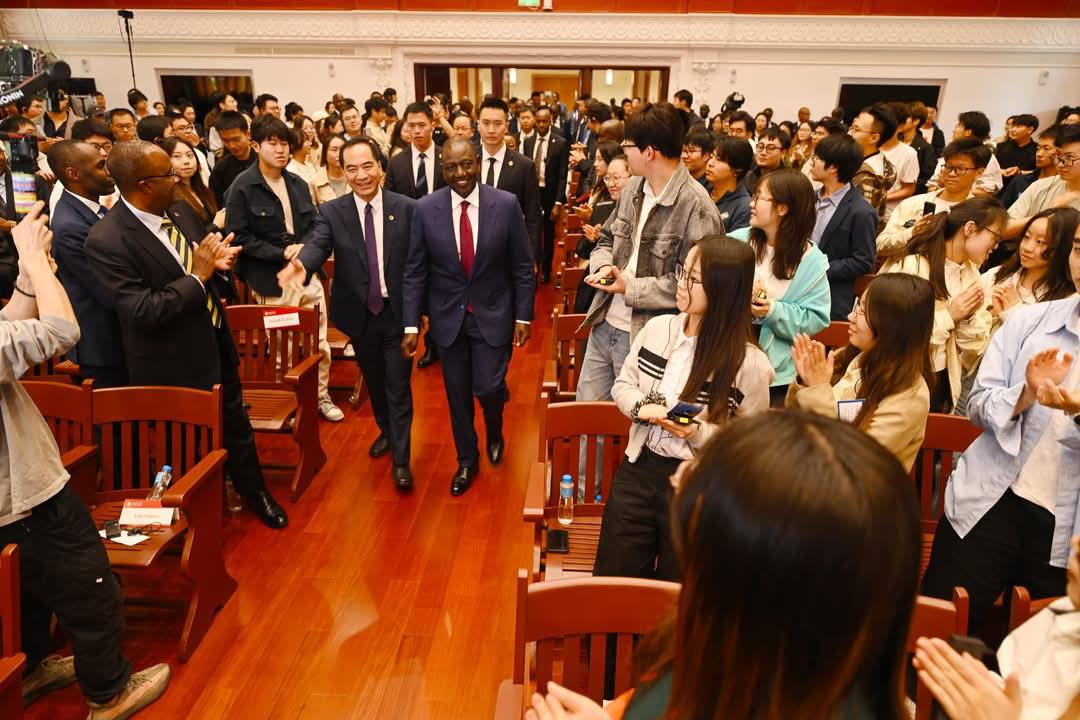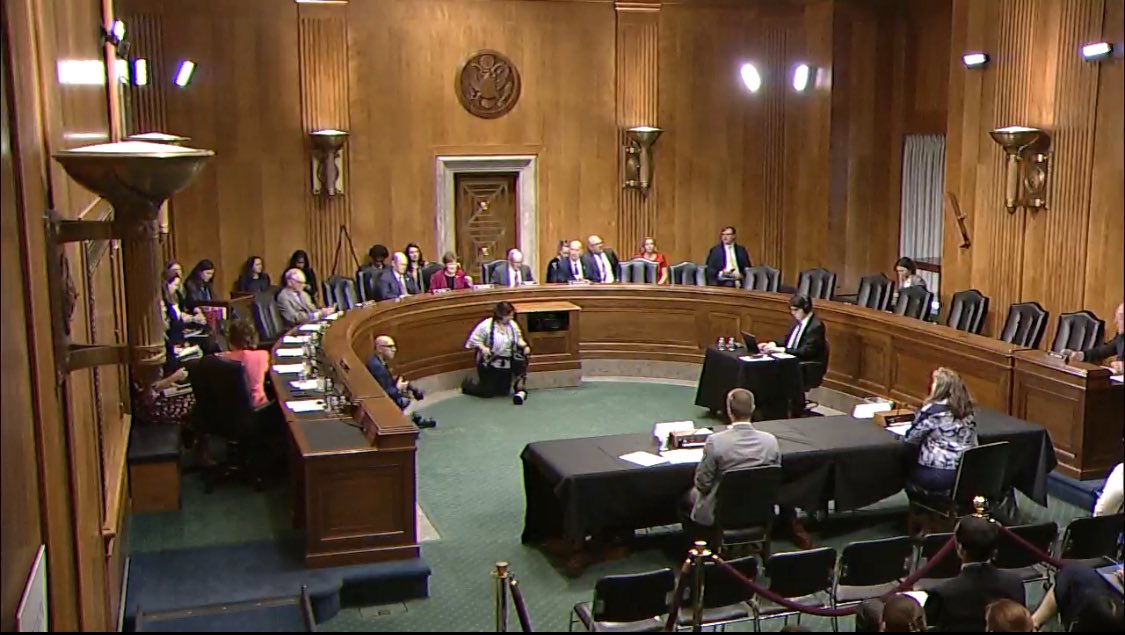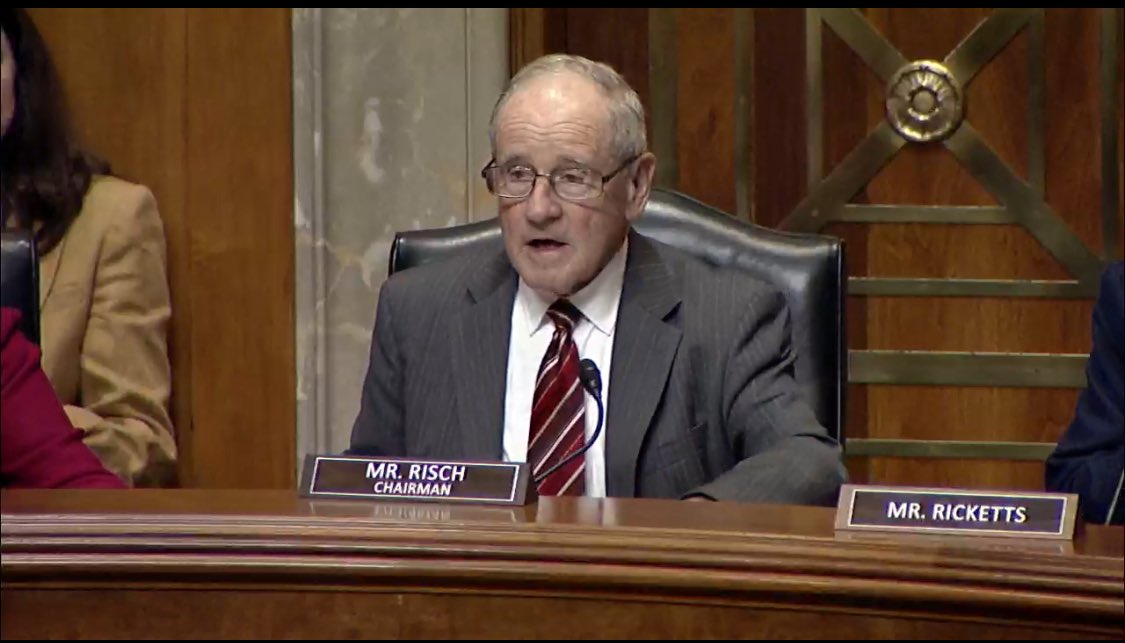President William Ruto’s pledge to forge deeper ties with China in the formation of a ‘new world order’ has come back to haunt him, with US senators now questioning his allegiance as a designated American non-NATO ally.

While delivering a keynote address at Peking University in Beijing, President Ruto highlighted the need for a new global order that is fair, inclusive, and sustainable, referring to the current system as “broken, dysfunctional, and no longer fit for purpose”.

He further stated that Kenya and China would act as co-architects of this paradigm shift.
“Kenya and China are not merely trade partners; we are co-architects of a new world order—one that is fair, inclusive, and sustainable… This visit, the first African visit to China this year, mirrors my 2024 visit to the United States, the first African state visit there in 15 years. Perhaps symbolically, Kenya can serve as a bridge between East and West, North and South, in an era of deepening geopolitical tensions,” he said.
But Ruto’s remarks in China angered the Americans. On Tuesday, 13th May 2025, the US Senate Foreign Relations Committee convened a special meeting to deliberate on the United States’ relations with East Africa and the Horn, in a session titled “East Africa and the Horn: At a Turning Point or Breaking Point.”

In his brief but stern opening remarks, the committee chair, Senator Jim Risch, described President Ruto’s statements as shocking, noting that they came barely a year after Kenya was designated a US non-NATO ally.
“Just last month, President Ruto declared that Kenya, a major non-NATO ally, and China are “co-architects of a new world order. That’s not just alignment with China—it’s allegiance. Relying on leaders who so openly embrace Beijing is a mistake… It’s time to reassess our relationship with Kenya and others who are forging closer ties with China. This is not merely a matter of trade; it’s also about the ‘new world order’,” he said.

He further argued that US foreign policy in Africa must pivot away from being centred on individual leaders, instead focusing on strengthening institutions, bolstering private sector links, and empowering the region’s young and dynamic populations.
“Still, there are countries where meaningful engagement is possible—but only with sober judgment and clear-eyed realism. We must stop building U.S. policy in Africa around individual leaders and instead focus on strengthening institutions, expanding private sector ties, and empowering the region’s young and dynamic populations’’
“We hold this hearing at a moment of profound urgency—but also real opportunity. By tailoring our strategy and spending to align with the potential of our partners in the region, we can build stronger partnerships that serve both Africa and U.S. national interests— ultimately making America safer, stronger, and more prosperous”. He said.
The senators concurred with the proposal to limit reliance on political figures in favour of building civic institutions that can outlast elected individuals. They also agree to focus on strengthening institutions, expanding private sector ties, and empowering the region’s young and dynamic populations.
https://www.foreign.senate.gov/press/rep/release/chairman-risch-opening-statement-at-hearing-on-east-africa-and-the-horn





